Science
James Webb telescope finds carbon at the dawn of the universe, challenging our understanding of when life could have emerged
The James Webb Space Telescope (JWST) has detected a key building block of life at the dawn of the universe, upending what we know about the first galaxies.
The discovery — a cloud of carbon in a distant and compact galaxy as it appeared just 350 million years after the Big Bang — marks the earliest detection of an element other than hydrogen in the universe. The results have been accepted for publication in the journal Astronomy & Astrophysics, and a preprint version can be found on arXiv.
"Earlier research suggested that carbon started to form in large quantities relatively late — about one billion years after the Big Bang," co-author Roberto Maiolino, a professor of experimental astrophysics at the Kavli Institute for Cosmology at the University of Cambridge, said in a statement. "But we've found that carbon formed much earlier — it might even be the oldest metal of all."
Astronomers classify elements heavier than hydrogen and helium as metals. That's because, aside from hydrogen and trace amounts of lithium, these elements were forged inside the fiery furnaces of stars and distributed throughout the universe by star explosions called supernovas.
This process of heavy element production and seeding was once thought to take many star lifetimes before elements heavy enough to form planets were widely available. But the new discovery has challenged this preconception.
"We were surprised to see carbon so early in the universe, since it was thought that the earliest stars produced much more oxygen than carbon," Maiolino said. "We had thought that carbon was enriched much later, through entirely different processes, but the fact that it appears so early tells us that the very first stars may have operated very differently."
Related: James Webb telescope discovers earliest galaxy in the known universe — and its shockingly big
-

 Science2d ago
Science2d agoDiscovery of 'dark oxygen' from deep-sea metal lumps could trigger rethink of origins of life
-
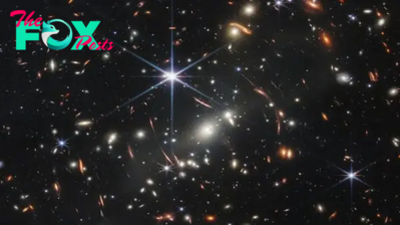
 Science3d ago
Science3d agoIs the James Webb Space Telescope really 'breaking' cosmology?
-
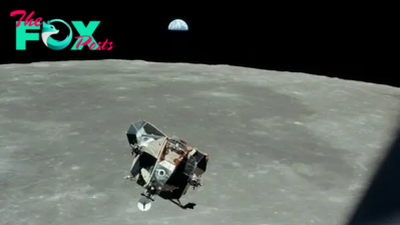
 Science3d ago
Science3d agoSpace photo of the week: 55 years ago, the 'world's loneliest man' snapped this iconic Apollo 11 image
-
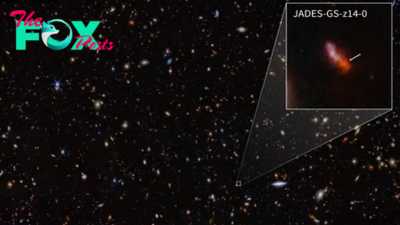
 Science4d ago
Science4d agoCan the James Webb Space Telescope see galaxies over the universe's horizon?
-

 Science5d ago
Science5d agoScientists Have Confirmed a Cave on the Moon that Could be Used to Shelter Future Explorers
-

 Science5d ago
Science5d agoNASA's Curiosity rover accidentally reveals ultra-rare sulfur crystals after crushing a rock on Mars
-

 Science5d ago
Science5d agoLast Chance Lake: The unusual 'soda lake' with conditions that may have given rise to life on Earth
-

 Science5d ago
Science5d agoSee stunning photos of the Atacama Desert — the driest on Earth — blooming in winter for 1st time in a decade


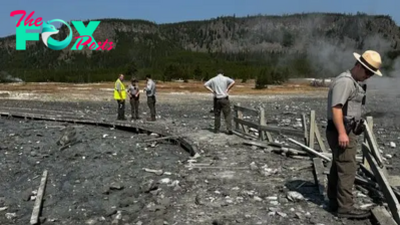



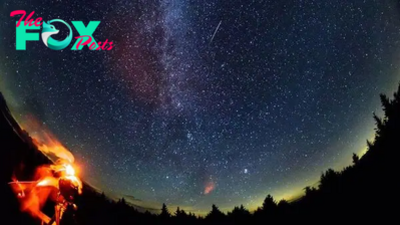



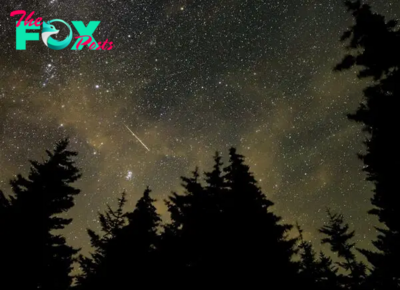














.png)
